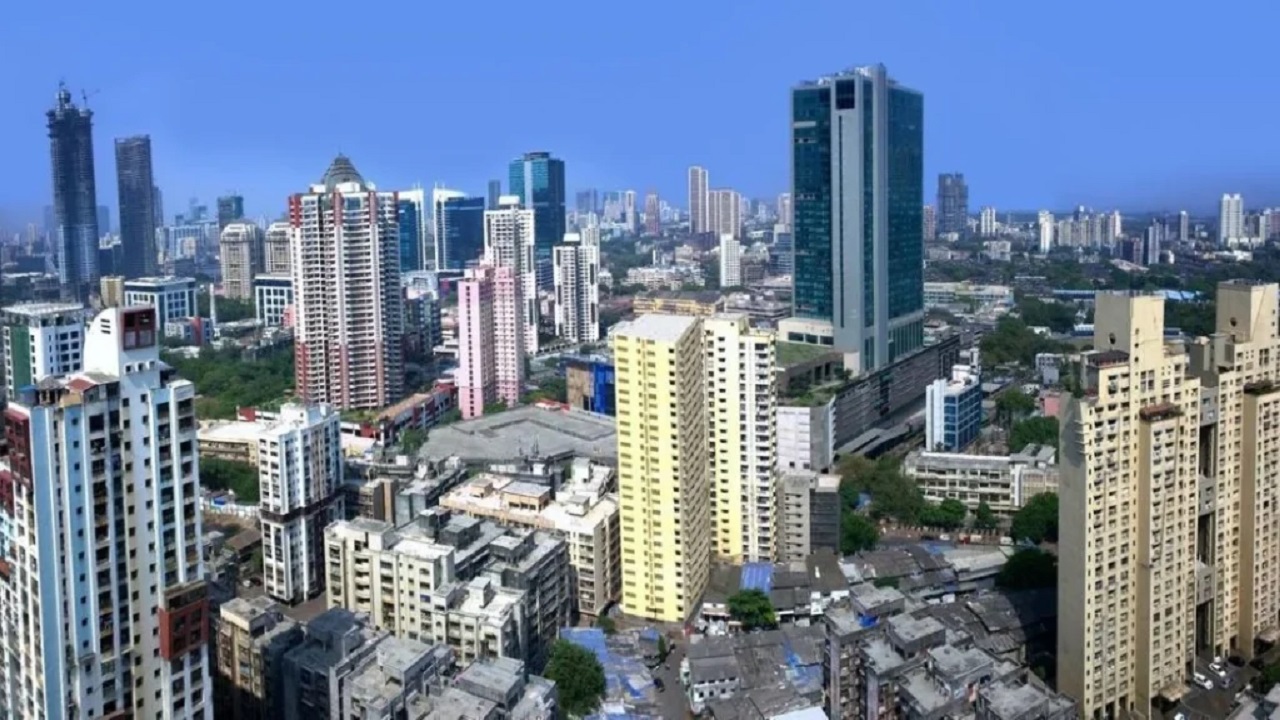Beyond Growth: Making Indian Cities Inclusive, Safe, and Sustainable
Context:
With the intensification of summer across India, urban centres are facing a dual crisis of rising temperatures and infrastructural stress. Cities like Bengaluru and Hyderabad are experiencing:
-
Sharp increases in water tanker bookings
-
Frequent power outages, due to excessive air-conditioner usage
-
Growing concerns over urban heat islands
These seasonal crises are no longer anomalies—they signal a deeper structural issue tied to climate vulnerability and rapid, unplanned urbanisation.
As India commits to achieving SDG-11 by 2030—to build inclusive, safe, resilient, and sustainable cities—questions arise about the readiness of Indian cities to face future climate extremes.
Urban Growth: Progress Shadowed by Challenges
Urbanisation has unlocked economic growth, innovation, and mobility. However, its unintended consequences include:
-
Pollution, traffic congestion, and land degradation
-
Disproportionate impact on the urban poor
-
Weak integration of climate planning into city development
According to the Sustainable Futures Collective’s 2025 report, “Is India Ready for a Warming World?”, Indian cities lack effective long-term strategies to combat climate risks.
Repeated concerns in Parliament about worsening urban heat island effects underline the growing seriousness of the problem.
Flaws in Existing Urban Indices
India’s current monitoring tools fall short of capturing the complexity of SDG-11.
-
The NITI Aayog SDG Urban Index covers 56 cities across 77 indicators, but its assessment of SDG-11 is limited to just four parameters:
-
Swachh Survekshan (sanitation)
-
Road accident deaths
-
PMAY-Urban (housing)
-
Waste treatment coverage
-
-
The Ease of Living Index covers 111 cities, but lacks comprehensive evaluation aligned with SDG-11’s multidimensional goals.
-
Global indices like the Mercer Quality of Living Index or Resilient Cities Index do not account for India-specific challenges such as slum density, informal workforces, and infrastructure deficits.
Key Issue: The absence of a context-specific, city-level SDG-11 index leaves a major policy-research gap, hampering data-driven urban planning.
Towards a New Urban Assessment Framework
To address this shortfall, researchers created a new model based on the four pillars of SDG-11:
-
Inclusivity
-
Safety
-
Sustainability
-
Resilience
Ten Indian cities—Delhi, Bengaluru, Hyderabad, Mumbai, Chennai, Pune, Kolkata, Jaipur, Ahmedabad, and Surat—were assessed using indicators sourced from:
-
Census 2011
-
National Crime Records Bureau (NCRB)
-
Indian Forest Survey
-
India Meteorological Department (IMD)
-
Periodic Labour Force Survey
-
NFHS-5
-
RBI Reports
-
Ola Mobility Institute’s Ease of Moving Index (2022)
The methodology employed the Shannon Entropy Weighting Technique to assign objective, data-driven weights to indicators—enhancing the credibility and comparability of results.
Key Findings and Insights
The study revealed sharp inter-city disparities across all four dimensions:
-
Inclusivity: Ahmedabad ranked highest; Jaipur ranked lowest
-
Safety: Bengaluru performed best; Kolkata performed worst
-
Sustainability: Surat led; Kolkata lagged
-
Resilience: Chennai topped; Jaipur ranked lowest
These findings challenge earlier assumptions made by national indices like NITI Aayog’s, revealing gaps in both design and execution.
Challenges in Urban Governance
-
Only 16 cities in India have a dedicated sustainability plan
-
Just 17 cities have a formal resilience strategy
(Source: Annual Survey of Indian City Systems 2023, by Janaagraha)
These deficits highlight the absence of institutional mechanisms to systematically tackle climate, social, and infrastructural stress.
The Road Ahead: Strengthening Urban Policy
To make Indian cities SDG-11 ready, the following steps are essential:
-
City-level SDG Monitoring: Urban Local Bodies (ULBs) must adopt structured frameworks, akin to district-level models in some states.
-
Tech-Enabled Governance: Smart Cities Mission's Integrated Command and Control Centres (ICCCs) should be used for real-time data collection and crisis response.
-
Updated Urban Data: The reliance on Census 2011 is outdated. A Periodic Urban Poor Quality of Living Survey at the state level is urgently needed.
-
Decentralised Solutions: Local governance models must be empowered to craft city-specific, data-driven strategies—as blanket national policies often ignore ground realities.
Conclusion: A Call for Urgent, Inclusive Reform
India’s urban future hinges on climate resilience, inclusive planning, and stronger local governance. Without meaningful structural reforms and evidence-based policymaking, the country risks falling short of its SDG-11 commitment.
Building safe, inclusive, resilient, and sustainable cities is not just a global obligation—it is essential for securing the well-being of millions of Indians in the face of climate uncertainty.


.jpg)

Comments (0)